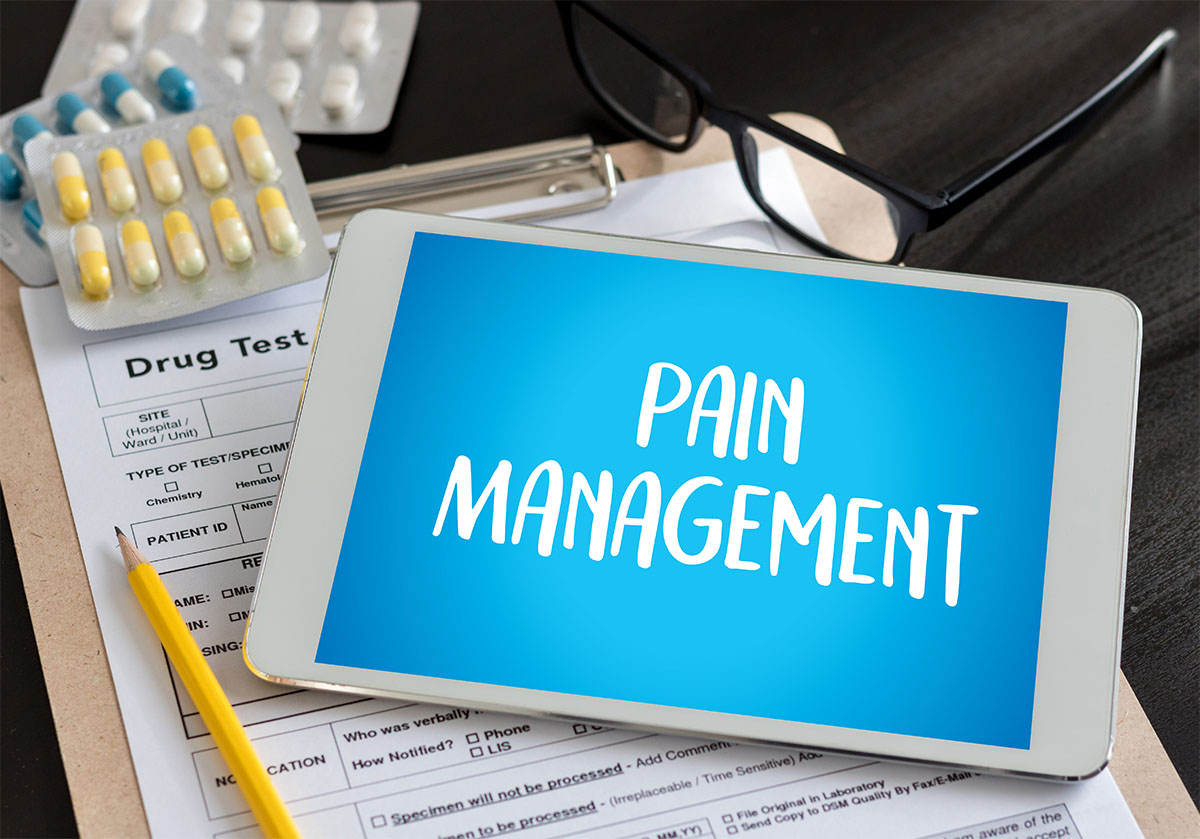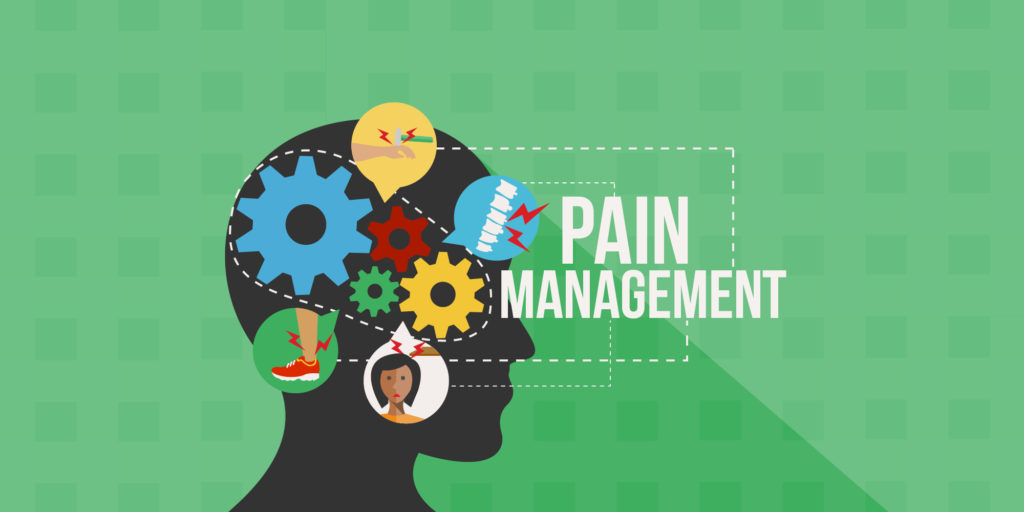Pain, in general, is something we all avoid feeling. It does not just happen. There are a lot of causes of pain.
In this article, you will learn about pain from injuries. Also, please take note of the various ways to heal and manage it as experts from Pain management Washington DC would advise.
Levels of Pain you Need to Manage
The pain level can be either mild or extreme, and it can be steady, aching, pinching, throbbing, and sometimes debilitating.
There are two main types of pain: acute and chronic. Acute pain happens and lasts for a few days, and there is pain that re-occurs and is hard to manage. Chronic pain can be present for a long time.
Almost everyone has somehow experienced pain in some form. There are different forms of pain, and pain can be further classified by the kind of damage causing it. Here are ten things you need to know to deal with pain.
The Pain Caused By An Injury Or An Underlying Medical Condition
You can feel pain from head to toe. The most common causes of pain include:
- headache
- toothache
- stomach ache
- cramps on the muscles or stomach
- burns and bruises
- fractures or broken limb
- ankle sprain
Chronic pain can occur in any part of your body. The feeling is different and more severe. Chronic pain is long-standing and experienced without any prior injury. The pain is sometimes the result of underlying health conditions like:
- arthritis
- fibromyalgia
- cancer
- endometriosis
- joint disfunction
Most Pains Are Manageable
The body has a natural way of healing itself. Acute pain lasts and resolves shortly. There are many approaches to managing pain. You need to understand the cause and learn ways you can cope with the pain. Here are some remedies that can help you manage pain:
- pain medicines
- herbal medicines
- physical therapy
- acupuncture or chiropractic therapy
- massage
- exercise
Know When To See A Doctor
When you are dealing with pain, talk to a health care professional. Your doctor will test where and how the pain started. Talking to a doctor or other health care professional can help. A doctor can guide you through the best treatment suitable for you. Here are some instances when you should call your doctor:
- You experience consistent pain
- The pain keeps coming back
- Painful swallowing and severe vomiting
- Cough that lasts more than two or three weeks
- The pain spreads down to other areas of the body
- Loss of muscle power in your arms and legs
- Sudden loss of sense of balance
- The pain disrupts your daily routine
- You are experiencing sleeplessness or insomnia
Other Factors Can Make The Pain Worse
The state of one’s mental health can affect pain, and anxiety and depression affect the healing process and prevent your body’s recovery. A person’s mental health can manifest in physical symptoms, and muscle tension and headache are common manifestations.
Genetics is another factor that affects the perception of pain. Everyone has a different impression of pain. The variation in the DNA could explain the difference in how we perceive pain.

You Will Experience Pain As You Get Older
As we age, the joints in our bodies become stiff, and it is causing the bone to wear away. Chronic pain occurs most among older people. Pain is not a normal part of ageing. Yet, the prevalence of pain in people above the age of sixty is twice that of younger people.
It is necessary to be resilient and invest more time into staying active. Stretching is a great way to prevent aches and pains and improves the joints’ flexibility. Engaging in different cardio activities is also necessary to help relieve back pain.
Can You Tolerate The Pain?
The pain tolerance of every person varies. Persons with higher pain tolerance can deal with more pain. Our body may not also respond the same way to pain medications and treatments. Some people can tolerate pain, and some cannot.
It is necessary to discuss your level of pain with a doctor to help you ease the pain. There is also physical therapy to help people with acute or chronic pain.
How The Pain Affects Your Body
There are pain receptors in the nerves of our body that detects pain and danger. These nerves relay the feeling causing us to feel sharp and sudden pain. Pain increases the heart and respiratory rate, blood pressure, and muscular tension. For men, performing a male total health check is advisable for males. The absence of physiological effects does not mean the non-existence of pain. As the pain gets more intense, it interferes with daily life leading to other conditions.
Precautions When Taking Pain Medications
Before taking any medication, you should discuss it with a doctor or a health practitioner. There are things you need to know when taking pain medication. These includes:
- Do not self-medicate. If you are pregnant, you should always talk to a doctor before taking any pain medicines
- If you are taking pain relievers, discuss it with your doctor for possible side effects;
- Do not take more than one over-the-counter medicine all at once without consultation. This habit will lead to overdose;
- Check the dates of the drugs and store them safely
How Does Pain Medicine Work?
There are various ways in which medicine works. Pain medicines like aspirin and non-steroidal anti-inflammatory drugs(NSAIDs) help reduce fever and inflammation.
Opioids help you increase your tolerance to pain, bind receptors in the central nervous system and other body parts, and decrease pain.
Pain relievers work with the body’s cells, nervous system, and brain to keep you from feeling the pain.
Stay Active
Your doctor and health care provider will recommend activities to help you ease the pain. These keep you away from pain and can strengthen your muscles and improve your wellbeing. Yoga, stretching, or exercise can help.
Take time to do different exercises and activities that will reduce the pain. Being active reduces the pain by building strong muscles and flexibility and reducing fatigue.
Outlook On Dealing With Pain
To deal with pain, you must be able to name it. If you can describe how it hurts, what region is at risk, and what caused it would help you a lot. Most importantly is to pinpoint the proper treatment for it. Some pain does go away naturally, and some don’t. You can deal with the pain through different strategies that work for you.
The study of how to deal with pain continues, giving a view and better understanding of a more effective way of treating pain. It is necessary to get medical advice from health care practitioners if you are experiencing pain, and pain treatment and management have many options.






